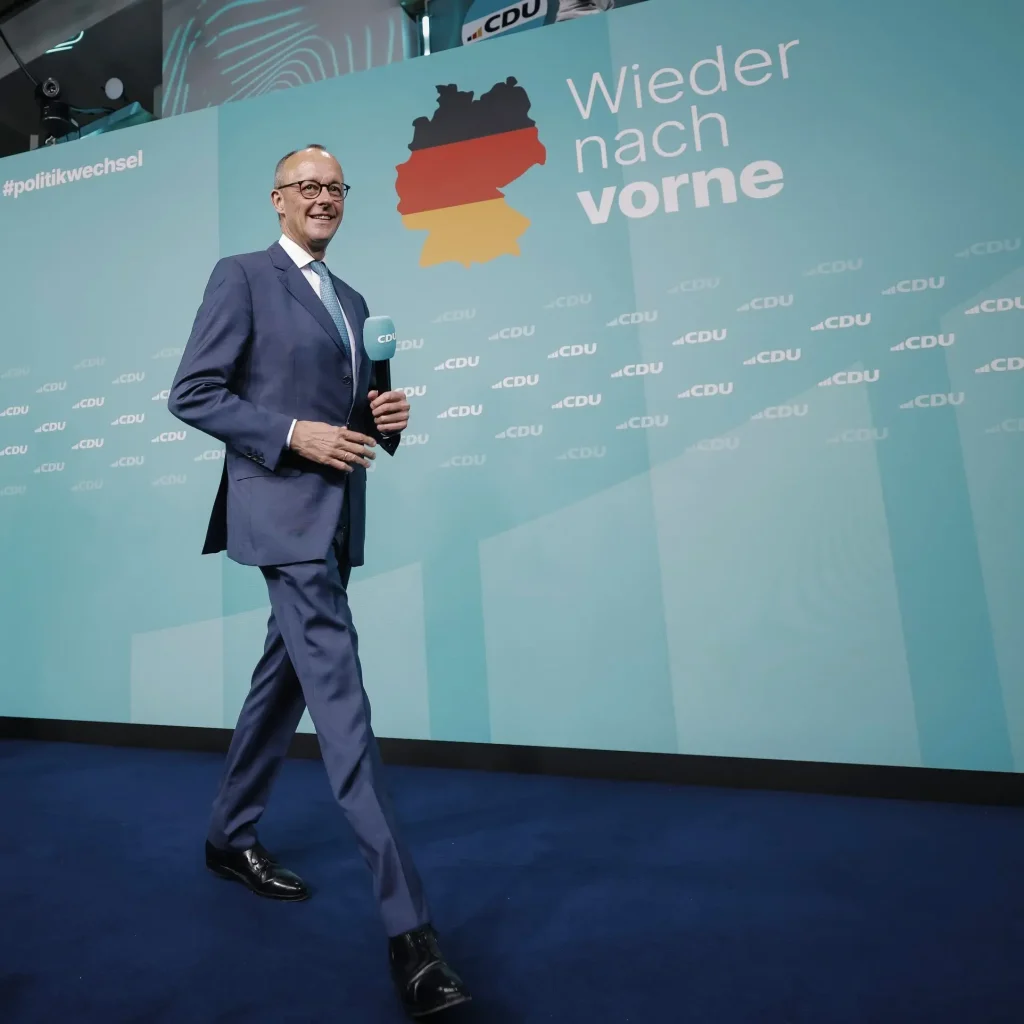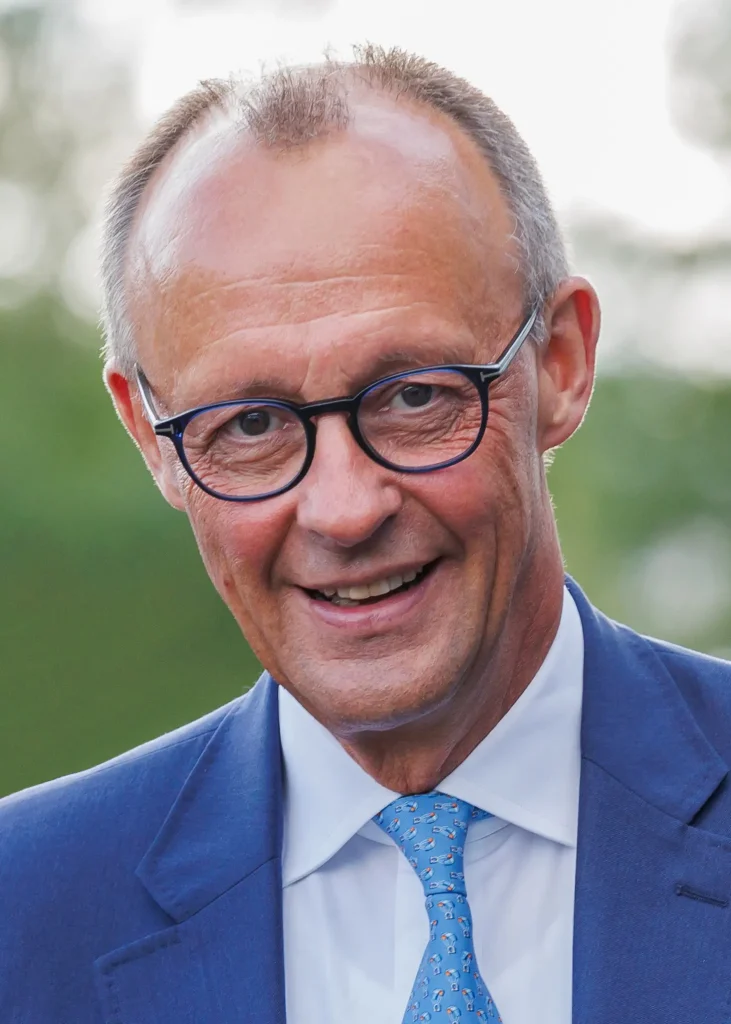In a pivotal national election, Germany’s centre-right Christian Democratic Union (CDU), led by Friedrich Merz, has emerged victorious with approximately 28.5% of the vote. The far-right Alternative für Deutschland (AfD) achieved a historic second place, securing around 20.5%—nearly doubling its previous support. The Social Democratic Party (SPD), under Chancellor Olaf Scholz, experienced a significant decline, obtaining just over 16%, marking its worst post-war performance. The Greens garnered about 12% of the vote, while the Left Party saw gains, reaching up to 9%. The pro-business Free Democrats (FDP) are projected to fall below the 5% threshold required for parliamentary representation, and the new Sahra Wagenknecht Alliance (BSW) hovers around this threshold.

Merz, poised to become the next chancellor, aims to form a governing coalition by Easter. However, the surge of the AfD complicates coalition negotiations, as mainstream parties, including the CDU, have ruled out collaboration with the far-right faction. AfD leader Alice Weidel expressed openness to coalition talks, asserting the party’s readiness to fulfill what she describes as “the will of the people.”
The election results reflect widespread public concerns over economic stagnation and migration policies. Merz has emphasized the need for European unity and has advocated for reducing reliance on the United States, especially in defense matters. He criticized recent interventions from Washington, comparing them to pressures from Moscow, and underscored the urgency of achieving “real independence” for Europe.
International reactions have been swift. U.S. President Donald Trump praised the election outcome, suggesting it reflects a rejection of previous policies on energy and immigration. French President Emmanuel Macron and British Prime Minister Keir Starmer extended congratulations to Merz, expressing intentions to strengthen bilateral relations and collaborate on European security and economic growth.
As coalition discussions commence, Germany faces the challenge of forming a stable government capable of addressing pressing economic issues and navigating complex international relations.



